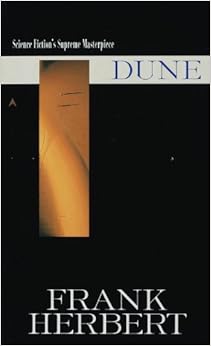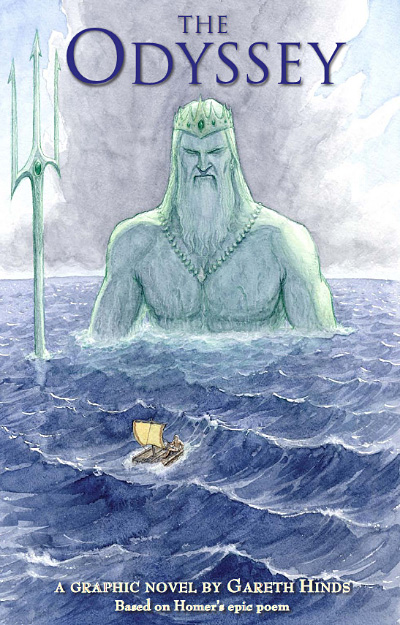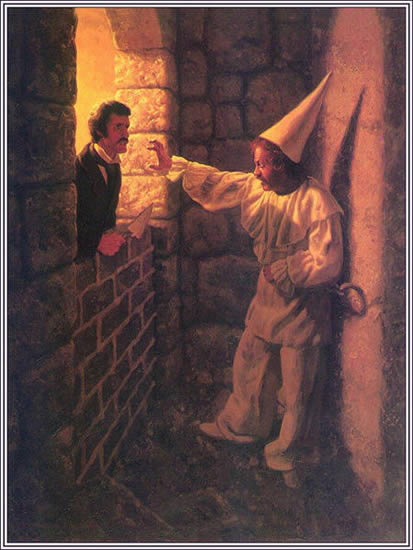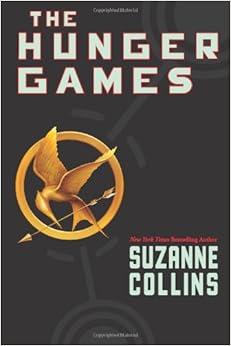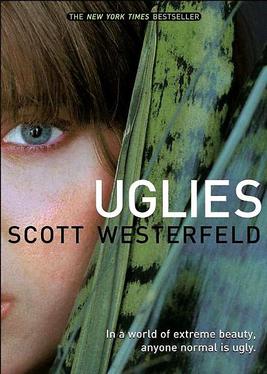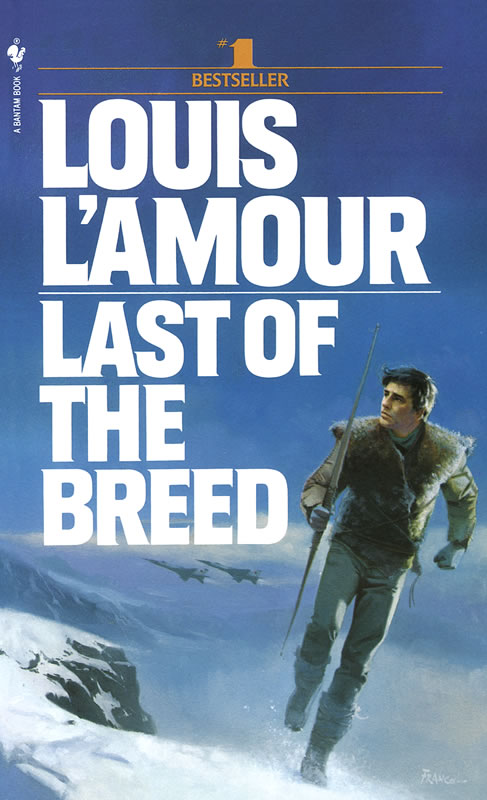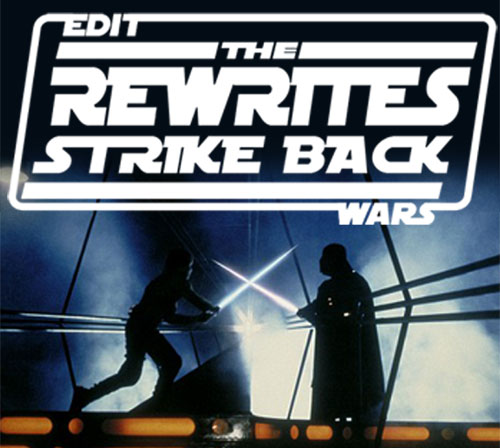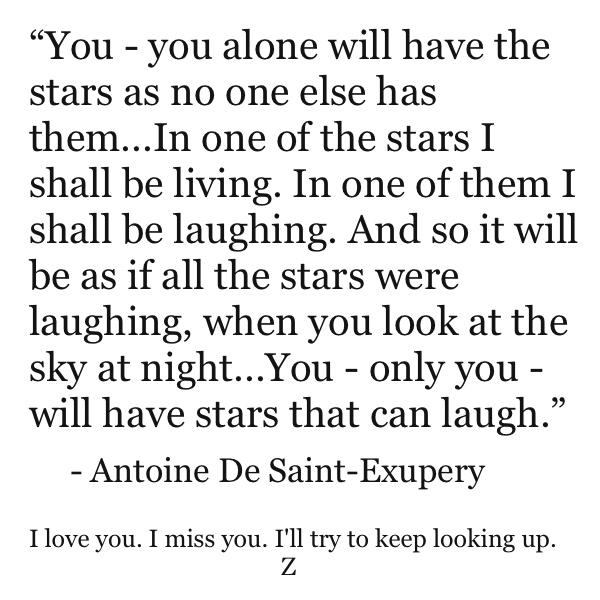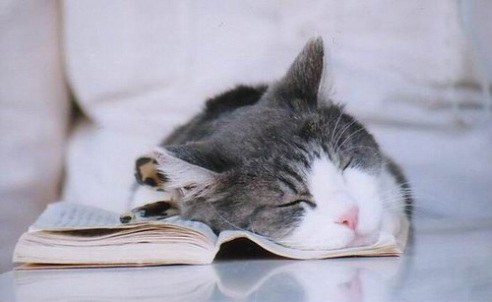 |
You know, "rewrite" was once (is?) an
occupation. Reporters would dictate the facts
and quotes over the phone. |
I wrote a story in high school that I
thought was kind of amazing. I still think it's a pretty good story,
actually, and so do those who have read it. It was nearly
self-published, but that fell off the bandwagon.
I'm rather grateful it fell off the
bandwagon, though, considering how much my writing has improved since
then. Looking back, the story had a lot of good things going for it:
Personable characters, believable villains (since it was YA, they
were definitely villains, not just the cause of conflict), and an
intact and original magic system. Probably some other things, too,
but I don't remember them right now.
I do remember the major problem of the
piece: It had no middle.
Technically, it had one. I mean, there
wasn't a vacuum where pages were supposed to be, but what I did have
was a few chapters taking my characters straight from the beginning
to the end. Nothing important happened in the middle. They discovered
they could use magic, learned how to use that magic, then went on a
trip and defeated the villain. The only thing that happened in
between was the travel, a little character development, and no big
mishaps. Nobody messed up, nobody got seriously hurt, nobody did
anything interesting.
Since high school, I have always told
myself I would rewrite that story. At first, I was waiting so I
wouldn't feel so attached to the first version (note: not “draft.”
I had edited the manuscript in high school and had it edited by
someone else, too). I didn't want to edit it; I wanted to rewrite it
entirely. At some point, I was waiting because I wanted to figure out
a middle.
But then I got all excited to write
something and figured the time had come to give that story another
go.
My first chapter was amazing (in my
humble opinion). Here are my first few paragraphs, to give you an
idea:
Will was hiding behind a fence,
crouched down, straining his neck now and then to peer over the top.
He was not, of course, hiding
hiding. He was lying in wait, in the midst of a midday stakeout with
Alex. They were both armed with PVC pipe marshmallow guns, loaded and
ready to go the minute Tristan opened the front door.
The
fence smelled funny for some reason Will could not figure out, so he
was doing his best to quietly breathe through his mouth. He heard a
noise, something like the thumping of someone quickly coming down a
flight of stairs inside. Looking at Alex, he squinted his eyes,
widened them, squinted again. Alex grinned and nodded, then the two
of them readjusted their feet so they were ready to bust out of
there.
The
door opened, and Tristan came out. The two boys yelled and jumped out
from behind the fence, blowing their marshmallows at her and quickly
reloading. She took off down the sidewalk. Will and Alex gave chase,
whooping and doing their best to reload their guns. They had brought
along especially stale marshmallows today, saved for the occasion.
The boys—all of the boys, every single one of their comrades in
arms—had determined today was the day.
Today, they would crush the
enemy.
The
enemy? The girls, of course. Sneaking, prissy, lying, cheating,
conniving girls.
Encouraged
by how well things were going, I dedicated myself to writing a bit
every day, pushing the story forward. That was fine and dandy until I
realized the story was boring.
The
idea, brilliant (if I do say so myself). The writing, on par (can we
just assume I am mildly humble and just being blatant about things to
make a point?). The story, suffering.
I sent
it to a writing friend with the request that she check to see if it
had a pulse. Is the story alive, or was I forcing dead story parts
together without making a successful monster? I thought it was maybe
because I had spent so much time out of the story.
But
then I caught myself in the act of destroying the story, and I
realized what the problem was. My epiphany happened when I had the thought
that things would get interesting if I let the two kids destroy a
building. Something needed to go out of control, and it had to be
big. But no! I thought
to my muse. If I do that, everything will be derailed! They
can't destroy something and still be left alone long enough to learn
how to use magic like they are supposed to!
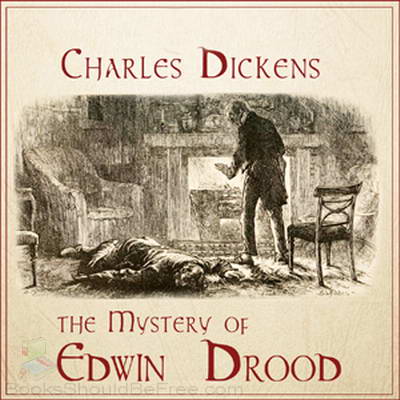 |
Charles Dickens: Died while writing a mystery.
The man had class. This is the one mystery that will
never truly be solved; it has been stopped
forever in the middle. |
Do you
see what the problem was? It wasn't the exact wording from the
original that I needed to divorce myself from; it was the story
itself. I was so stuck on the idea that this story ended this
way, with events A, B, and C, that I would not allow a middle to
affect anything in my original plot.
But
every chapter needs to affect every subsequent chapter. As I learned from my Writing Excuses course, I shouldn't be writing a chapter that
the reader can skip. I was trying to create a middle for the sake of
a middle.
But
unless it affects the end, it's a dead middle. And that is what I had
on my hands.
I
could have realized this and then thrown the original story out the
window, but I just can't distance myself that much from the original
story. It's like I know
that's how it happened, and I can't lie to the reader about it and
make something else up. That's my own problem. My own solution: Start
on something new. Ditch the story.
I am
no longer qualified to write it, at least not now. Maybe in the
distant future I can resurrect the characters and concept—but only
those, because the story itself was a dud. This, folks, is why we use a (metaphorical, in my case) #2 pencil.
I am
not advocating quitting on a manuscript. However, I will say that if
you come across a problem because you are rewriting—not editing and
not re-storying—it may be time to set the story aside. Make sure your reasoning is sound, and then remember that there are
other stories out there.
And my new story? As of right now, I don't
know the ending. And that gives me the freedom to write the truth of
the story, including a middle that matters.













